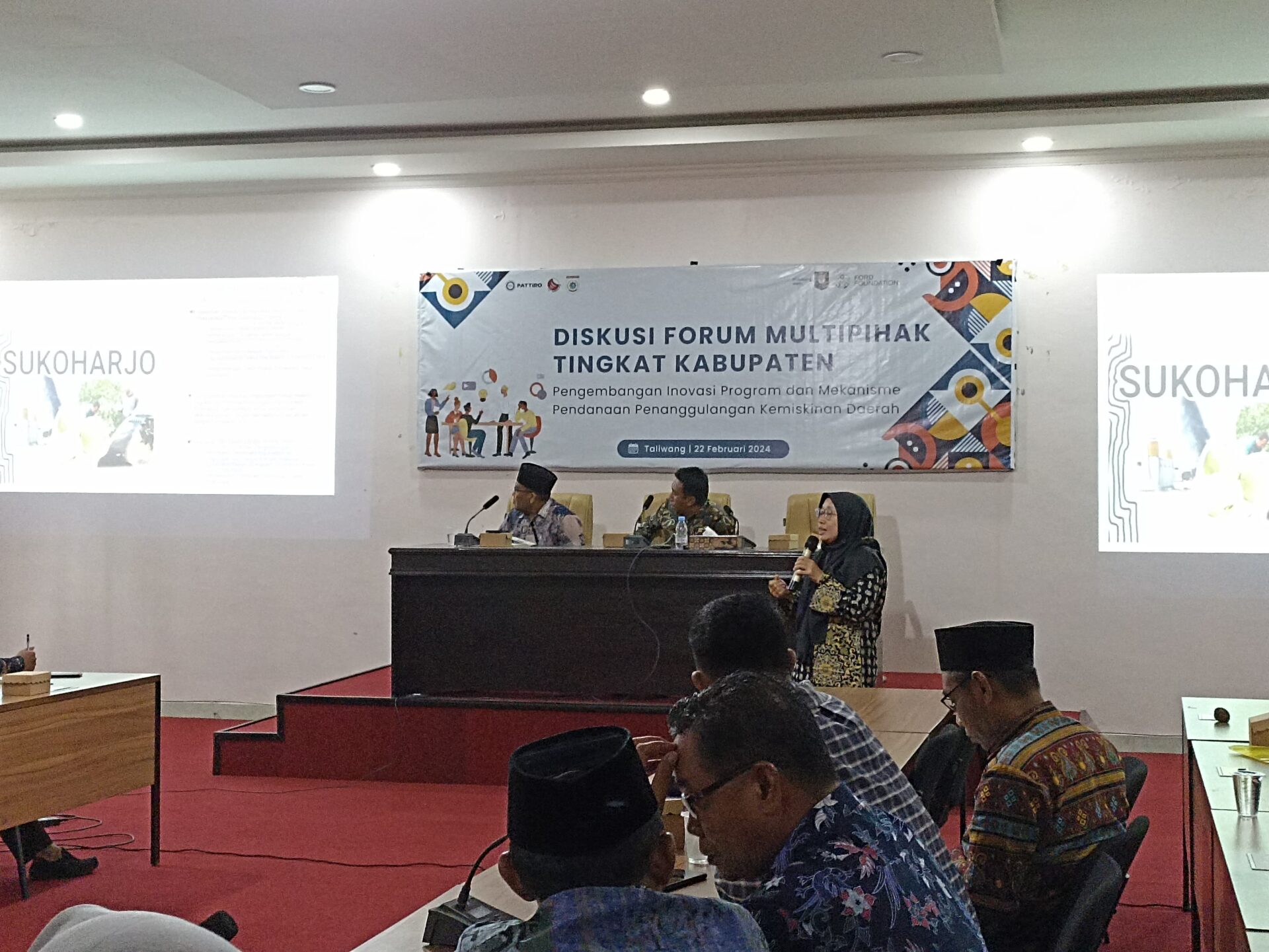
Civil Society Coalition for Changes to the MPR, DPR, DPD and DPRD Laws (MD3)
(Indonesian Parliamentary Center (IPC), Pusat Studi Hukum dan Kebijakan (PSHK), Komunitas Indonesia untuk Demokrasi (KID), Pusat Telaah Informasi Regional (PATTIRO), Transparansi Internasional Indonesia (TI Indonesia), Indonesian Coruption Watch (ICW), Indonesian Budget Center (IBC), YAPPIKA)
In less than seven hours, the DPR Plenary Session on 5 December 2014 passed the new MD3 Law. A number of provisions in Law Number 17 of 2014 concerning the MPR, DPR, DPD and DPRD have undergone changes, including the mechanism for selecting leaders of the Council’s Complementary Equipment (AKD) and the use of the right of interpellation, the right of inquiry and the right to express opinions.
The step to revise the MD3 Law should be appreciated because it can be considered a way out of the political deadlock in the DPR. Since being inaugurated, the DPR has not worked due to a deadlock regarding the AKD leadership election, which involves the Red and White Coalition (KMP) with the Great Indonesia Coalition (KIH). Apart from the leadership of the DPR and the Legislative Body, there are 15 AKDs that have not yet been formed.
It would be a shame if this change only involved “compromising the interests” of the two groups. The DPD and DPRD, as parties that are also regulated in the MD3 Law, are not even able to achieve these changes. Civil society recommendations for strengthening the performance of the DPR were marginalized, among other things:
- Restore several good arrangements in the previous MD3 Law (as regulated in Article 73 paragraph 5 of Law No. 27 of 2009) namely the obligation for factions to evaluate performance (of their members) and report to the public as well as submit budget management to the public in the annual performance report ;
- Eliminating the regulations in the amended MD3 Law (UU No. 17 of 2014) such as the elimination of BAKN, multiple interpretations of the provisions on immunity rights and the rights of DPR members to propose electoral district development programs, and the addition of the task of absorbing aspirations for the MPR which will only waste the state budget; and
- Following up on the Constitutional Court (MK) decision such as guaranteeing women’s representation in AKD leadership elements (decision Number 82/PUU-XII/2014) as well as confirming the legislative functions and relations of the DPR and DPD (decision Number 92/PUU-X/2012) .
The omission of several of the agendas above indicates that the DPR is not responsive enough to the Constitutional Court’s decisions and public aspirations. Based on these facts, we from the Civil Society Coalition for Changes to the MD3 Law, express the following position:
- Urge the Government and DPR to include the drafting of the new MPR, DPR, DPD and DPRD Laws in the 2015-2019 National Legislation Program (Prolegnas) and stipulate them in the 2015 Priority Prolegnas. This prevents errors in drafting the MD3 Law from recurring in the previous period due to the limited time for discussion which resulted in chaos in the substance of the MD3 Law; and
- The substance of the drafting of the new MD3 Law should refer to the design of parliamentary institutional improvementsthat are more accountable, transparent, participatory and representative.
Jakarta December 9, 2014
Civil Society Coalition for Changes to the MD3 Law
Contact Person:
- Ahmad Hanafi, IPC (08119952737)
- Ronald Rofiandri, PSHK (0818747776)
- Ibeth Koesrini, KID (081384697372)
- Henrik Rosdinar, YAPPIKA (08111463983)





